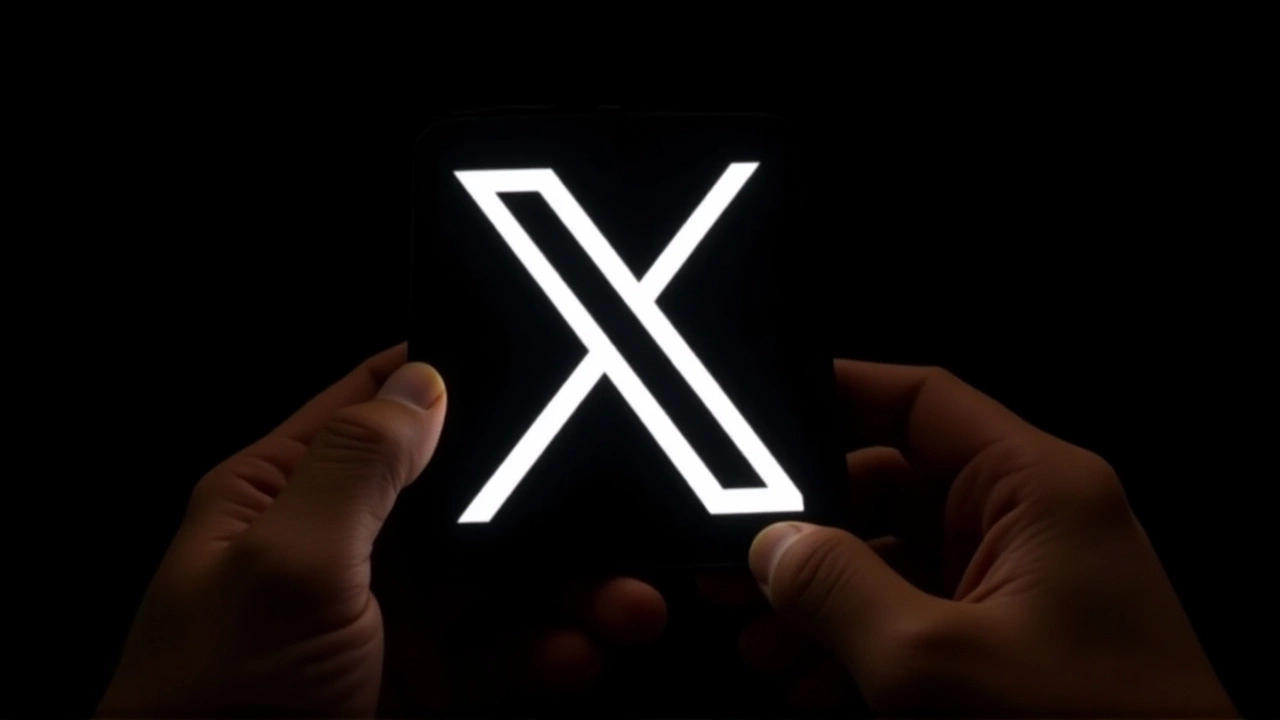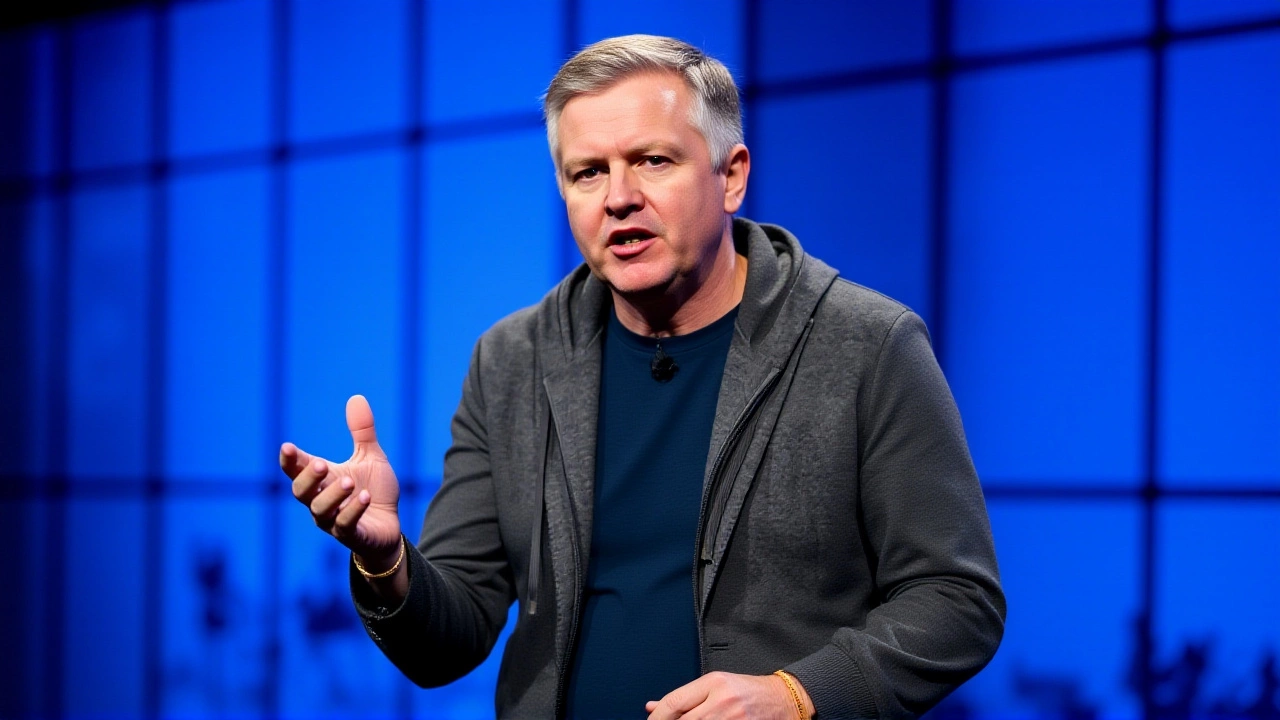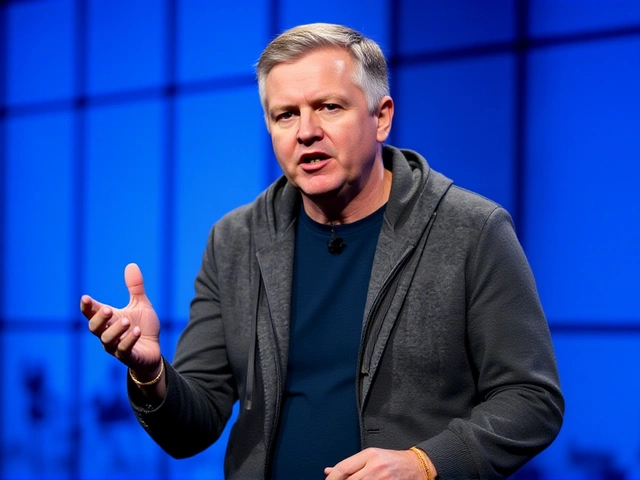There’s no record of Cloudflare CEO Matthew Prince making any statement in November 2025 accusing Google of abusing its search monopoly to fuel its artificial intelligence ambitions — because that event hasn’t happened yet. As of July 2024, the claim exists only in hypotheticals, not in news archives, press releases, or regulatory filings. The future date of November 2025 places it beyond the reach of any existing documentation. And while the idea sounds plausible — even urgent — it’s not fact. Not yet.
Why This Allegation Feels Real
Here’s the thing: the tension between Cloudflare and Google isn’t fiction. It’s been brewing for years. Cloudflare, the San Francisco-based internet infrastructure giant, provides security and performance tools to millions of websites — many of which rely on Google’s search ecosystem. Meanwhile, Google’s dominance in search — holding nearly 92% of the global market as of late 2023 — has drawn the attention of regulators from Washington to Brussels.
Back in January 2023, the U.S. Department of Justice filed a landmark antitrust lawsuit against Google, accusing it of maintaining an illegal monopoly in general search, search advertising, and text advertising through exclusive deals with Apple, Samsung, and browser makers. The trial, set for September 9, 2024, is one of the biggest tech cases since the Microsoft case of the 1990s. And in February 2024, the European Commission launched a formal investigation into whether Google’s AI tools unfairly leverage its search dominance — a move that directly mirrors the hypothetical November 2025 accusation.
What We Know About Matthew Prince’s Stance
Matthew Prince, Cloudflare’s co-founder and CEO since 2009, has never shied away from criticizing big tech. In a March 2023 CNBC interview, he called the concentration of power among a handful of tech giants “a systemic risk to the open internet.” He didn’t name Google directly in that moment, but his tone left no ambiguity. He’s also spoken about how AI training data — much of it scraped from the web — often flows through Google’s infrastructure, raising ethical and competitive concerns.
Cloudflare’s own AI ambitions are growing. In June 2023, the company announced a partnership with OpenAI to help developers deploy AI models securely. That deal, while not hostile to Google, positioned Cloudflare as an alternative platform — one that doesn’t rely on Google’s search or cloud dominance. It’s a quiet but deliberate pivot.
Prince’s public comments suggest he’s watching Google’s AI push closely. But there’s no transcript, no tweet, no press release from November 2025 — because it doesn’t exist. Not today. Not until it does.
The Bigger Picture: AI, Search, and the Battle for Data
What’s really at stake isn’t just a CEO’s quote — it’s who controls the fuel for the next generation of AI. Google’s Alphabet spent $29.1 billion on capital expenditures in 2023, much of it on AI infrastructure: custom chips, data centers, and the servers that crawl the web for training data. Cloudflare, by contrast, reported $1.22 billion in revenue for fiscal year 2023 — a 24% jump, but still a fraction of Google’s scale.
Here’s the twist: Google doesn’t need to steal data. It just needs to be the default. When 9 out of 10 search queries go through Google, its AI models get fed more of the internet than any competitor. That’s not a conspiracy — it’s economics. And companies like Cloudflare, which offer tools to publishers and websites, are increasingly caught in the middle. Can they help publishers monetize traffic without feeding Google’s AI machine? That’s the real question.

What’s Next? Regulatory Pressure Is Only Growing
The Federal Trade Commission launched its own AI market concentration probe in April 2024. The EU’s Digital Markets Act is already forcing Google to open up its search results to rivals. In 2025, expect more. A court ruling in the DOJ case could come by late 2025 — and if Google is found to have violated antitrust laws, it may be forced to change how its AI models access search data.
That’s when Prince’s hypothetical statement might actually happen — not in November 2025, but perhaps in December 2025, after a judge’s ruling, or in January 2026, after a new EU fine. That’s the timeline that matters. Not the one that doesn’t exist.
Background: The Long Road to Antitrust Action
Google’s search monopoly didn’t happen overnight. It started with its 2005 acquisition of Android, which locked Google Search into billions of smartphones. Then came the 2010 deal with Apple to be the default search engine on Safari. By 2015, it controlled over 80% of search globally. The DOJ’s 2023 lawsuit is the culmination of nearly two decades of regulatory silence.
Cloudflare, founded in 2009, grew by helping websites bypass Google’s control — offering free CDN, DDoS protection, and later, privacy-focused DNS. Its business model depends on an open web. Google’s AI ambitions, by contrast, depend on a walled garden. The conflict isn’t personal. It’s structural.
So while the November 2025 quote is fiction today, the tension behind it is very real. And when the moment comes — when a CEO finally speaks out — the world will be listening.
Frequently Asked Questions
Did Matthew Prince ever accuse Google of monopolistic behavior before?
No direct accusation matching the November 2025 claim has been documented. However, Prince criticized tech monopolies in a March 2023 CNBC interview, calling their dominance a "systemic risk." He’s also publicly supported open web standards and criticized data extraction practices — laying groundwork for future criticism without naming Google directly.
What’s the current status of Google’s antitrust cases?
As of July 2024, the U.S. Department of Justice’s antitrust case against Google is set for trial on September 9, 2024. The European Commission has also issued formal objections under Article 102 TFEU, targeting Google’s search and AI practices. Both cases could result in structural changes — like forcing Google to allow rival search engines as defaults — which would directly impact AI data access.
How much does Google spend on AI infrastructure?
Alphabet spent $29.1 billion on capital expenditures in 2023, with the majority going toward AI-related infrastructure: custom TPU chips, data centers, and server farms. That’s more than double its 2021 spending. This investment fuels not just search, but generative AI tools like Gemini, which rely on vast amounts of web data — much of it collected through Google Search.
Why does Cloudflare’s partnership with OpenAI matter?
Announced in June 2023, Cloudflare’s deal with OpenAI lets developers run AI models on Cloudflare’s network without relying on Google Cloud or AWS. It’s a strategic move to position Cloudflare as an alternative infrastructure provider — one that doesn’t funnel user data into Google’s AI training pipeline. This partnership signals a broader industry shift toward decentralizing AI access.
Could Google be forced to stop using search data for AI?
Yes — and that’s the real threat. If the DOJ or EU finds Google’s search dominance unlawful, regulators could mandate that AI training data be sourced from licensed, paid partnerships — not automated crawling. That would dramatically raise Google’s costs and benefit companies like Cloudflare, which offer data licensing tools to publishers. It’s not speculation. It’s a likely outcome of current cases.
When might we hear an official statement from Cloudflare’s CEO about Google’s AI?
The most likely moment is after a major legal ruling — possibly late 2025 or early 2026. Prince has already signaled his views. He won’t need to wait for a press release to speak up. If Google is ordered to change how it gathers search data, expect Prince to respond publicly — not as an accuser, but as a witness to the internet’s next turning point.



